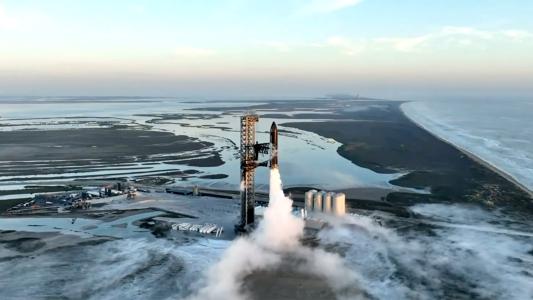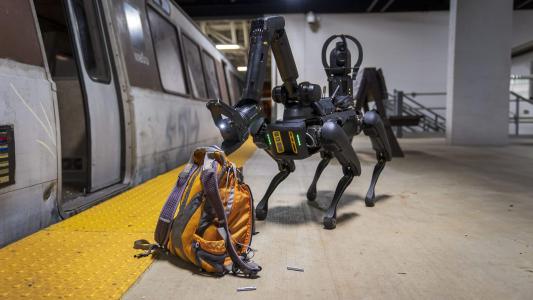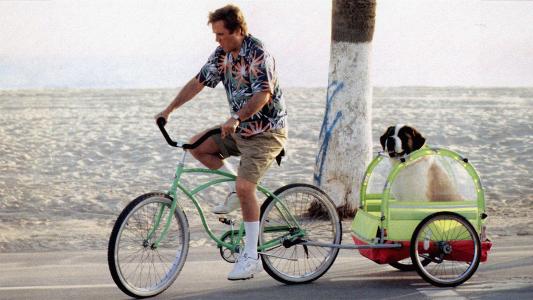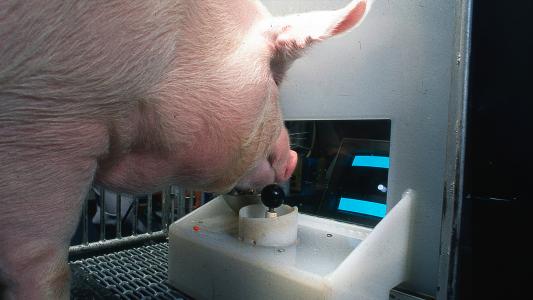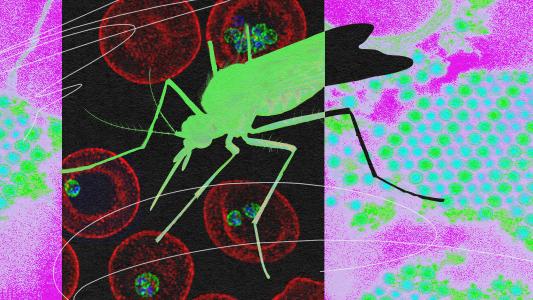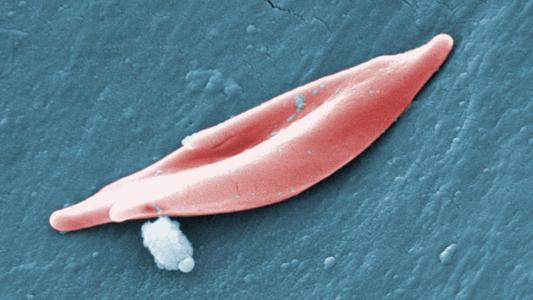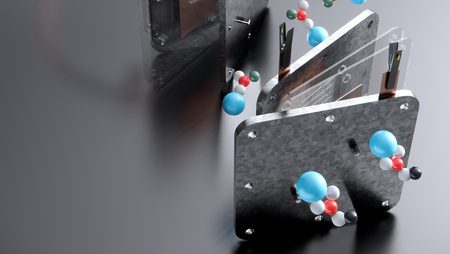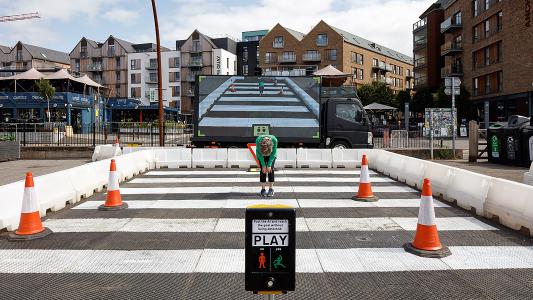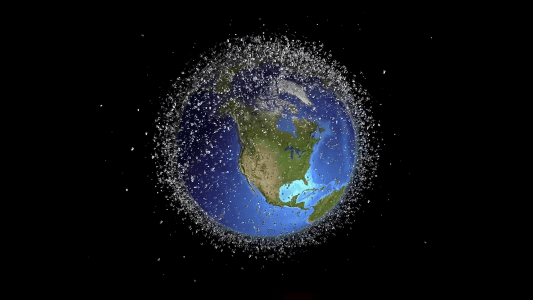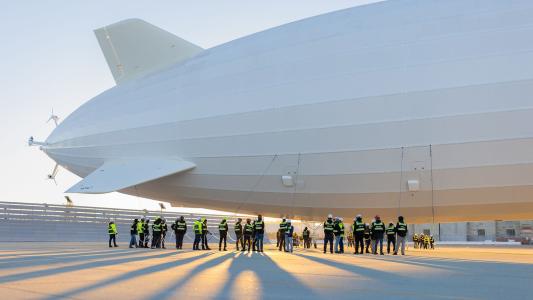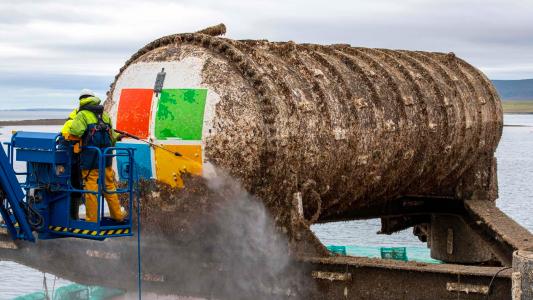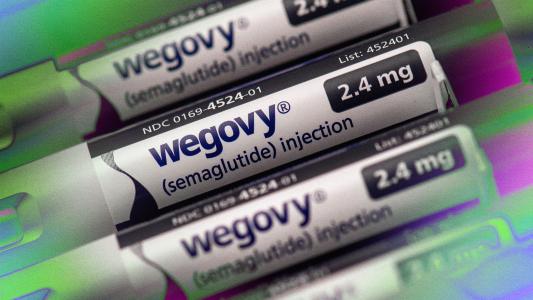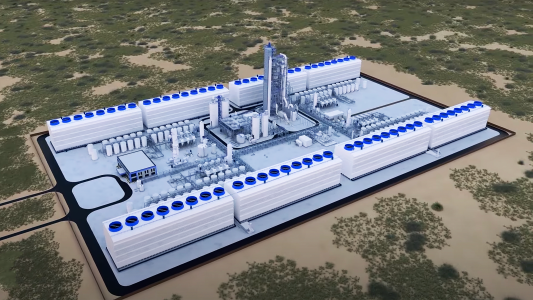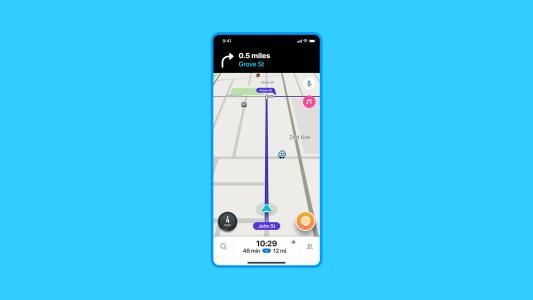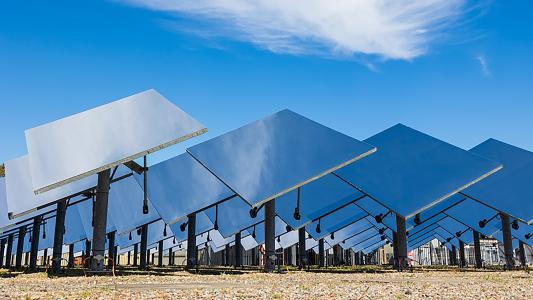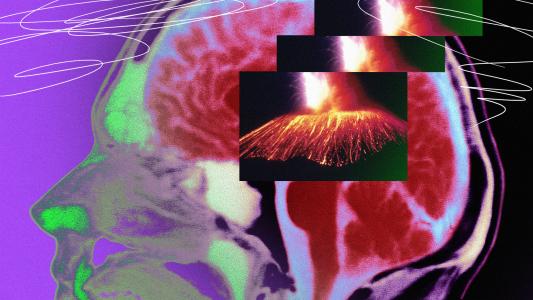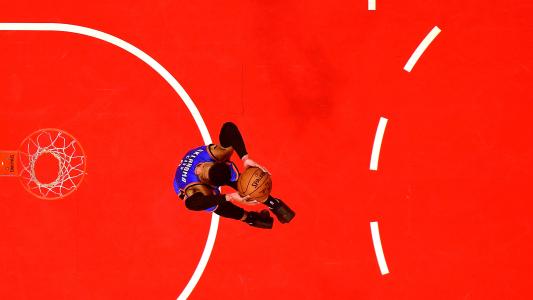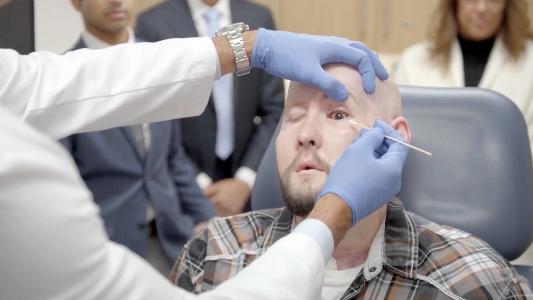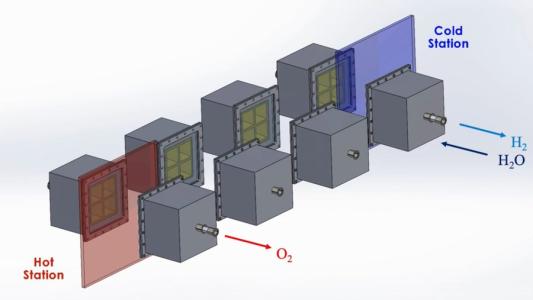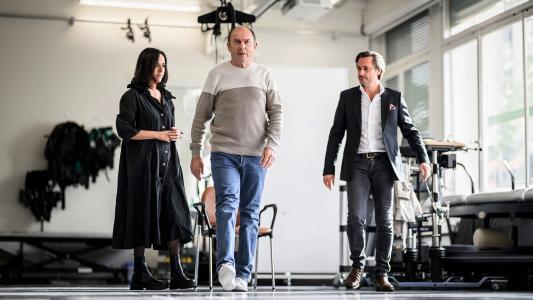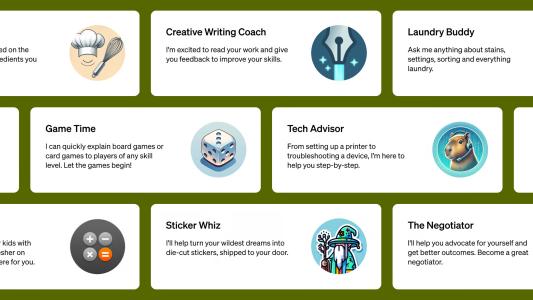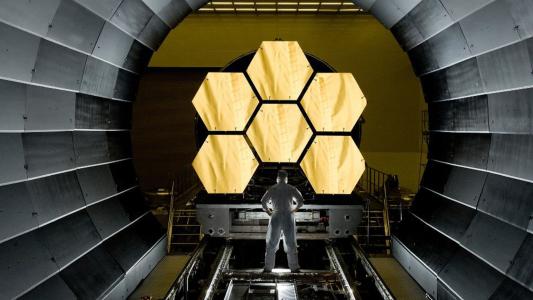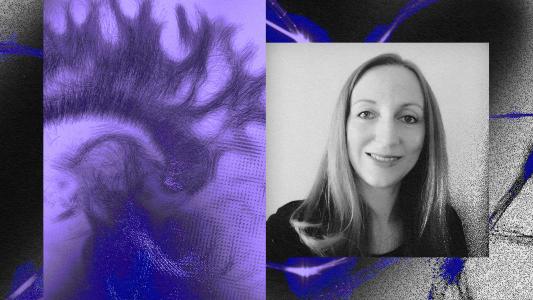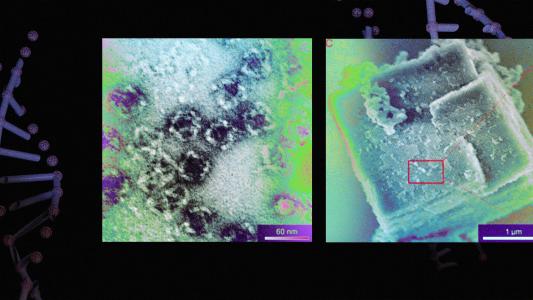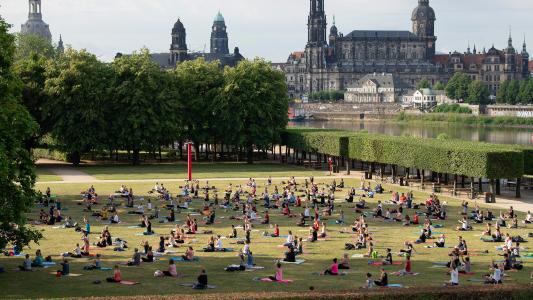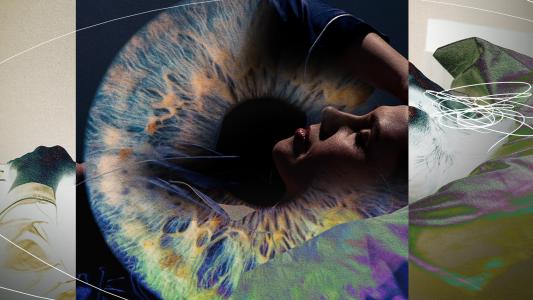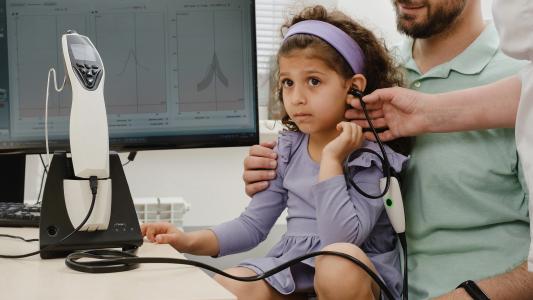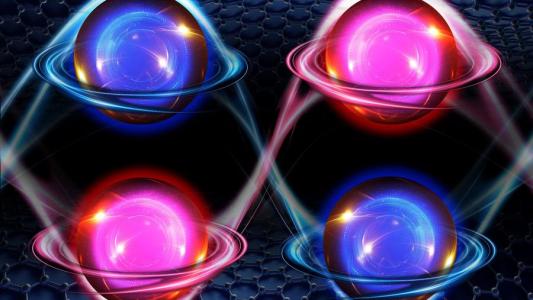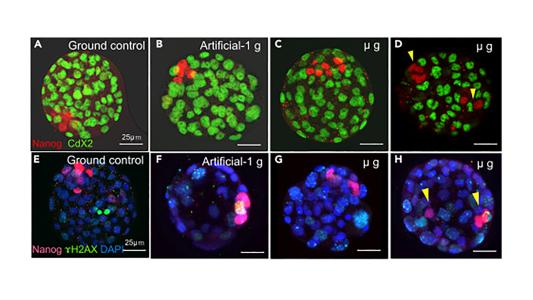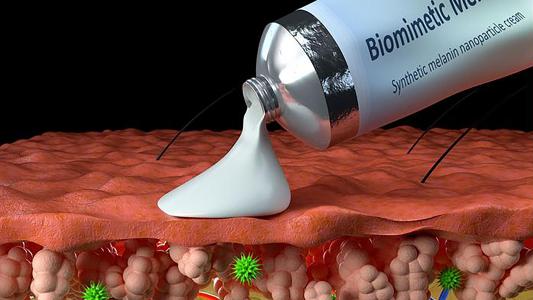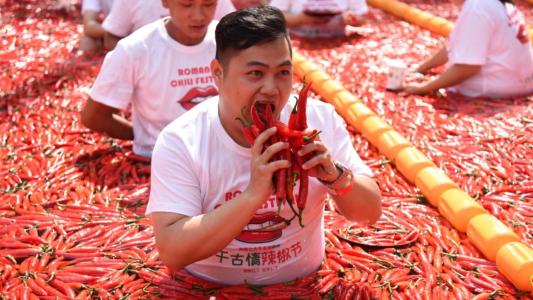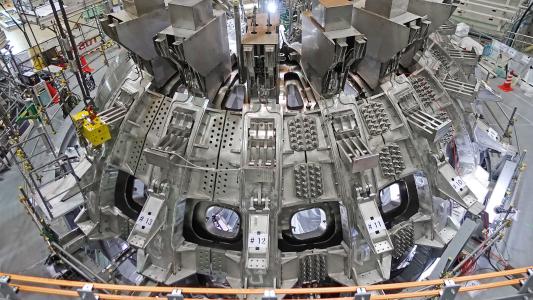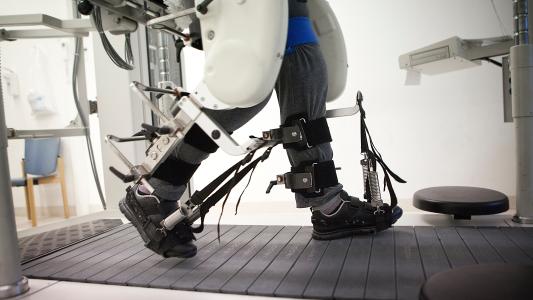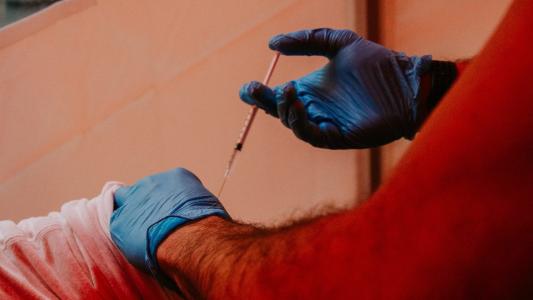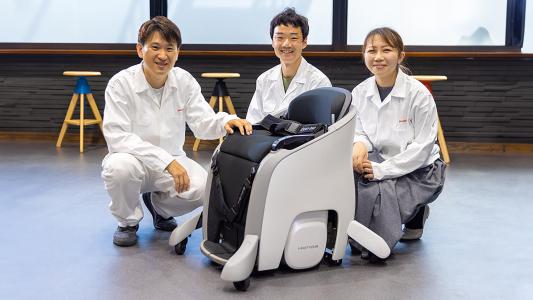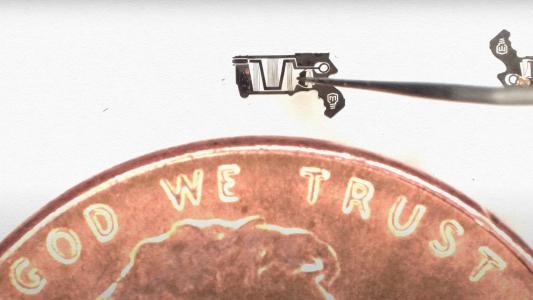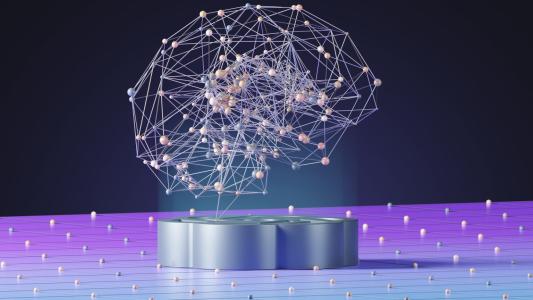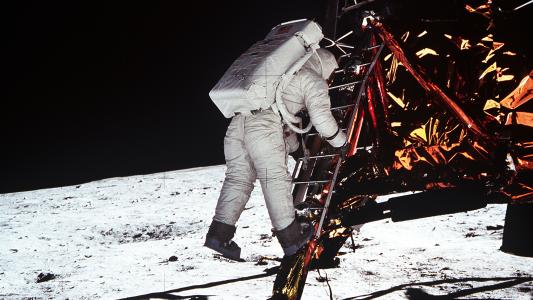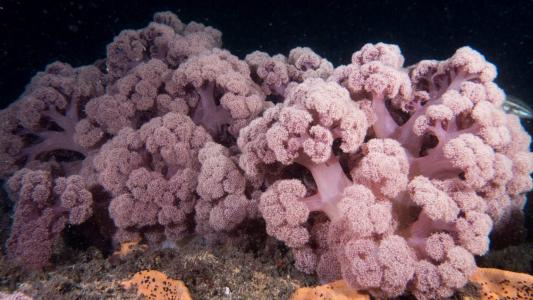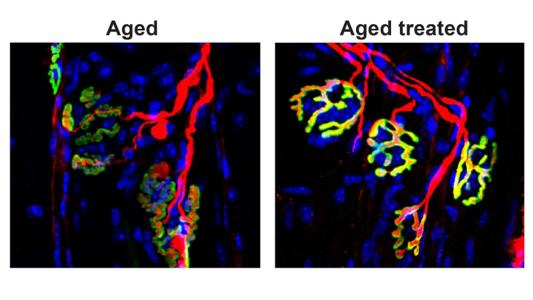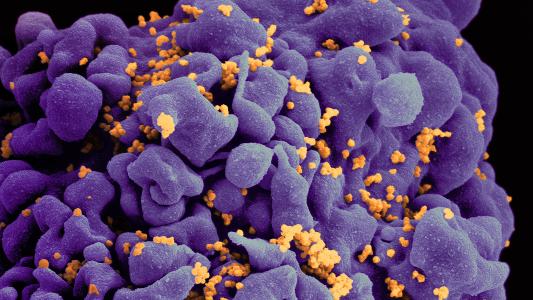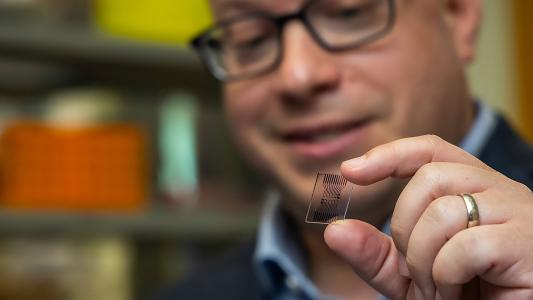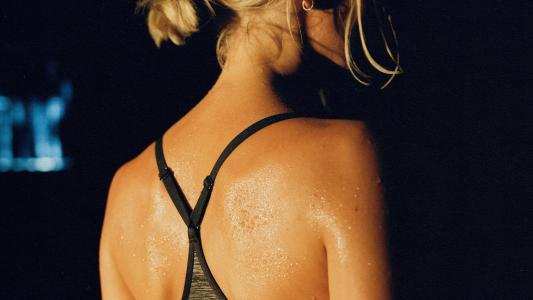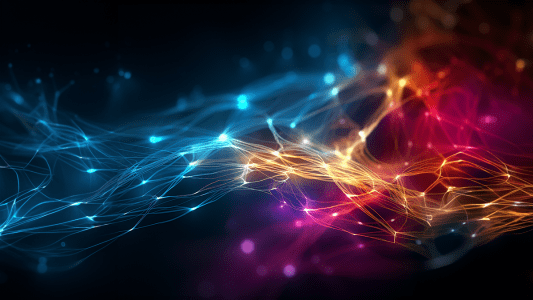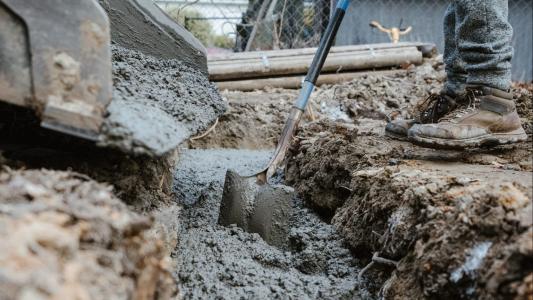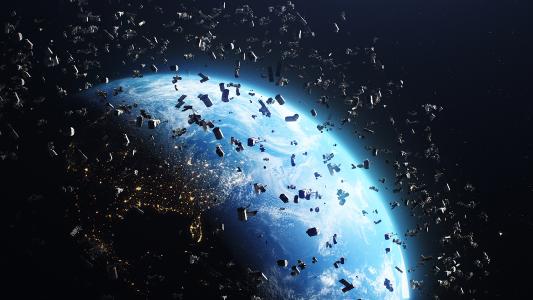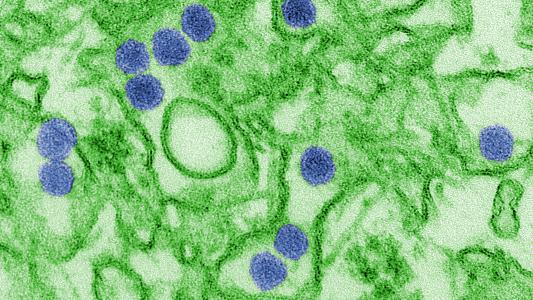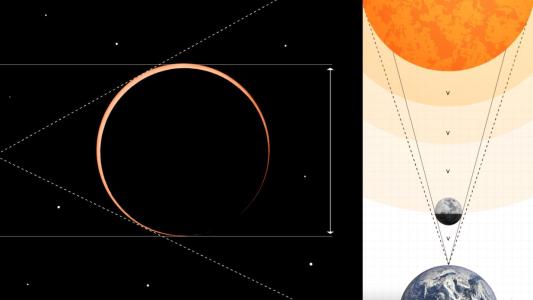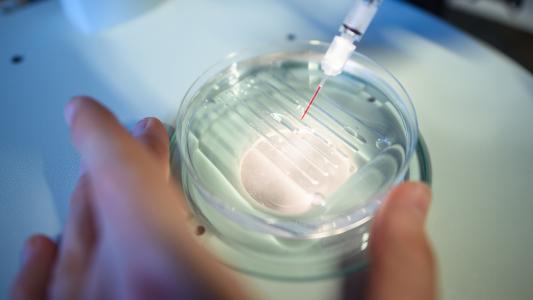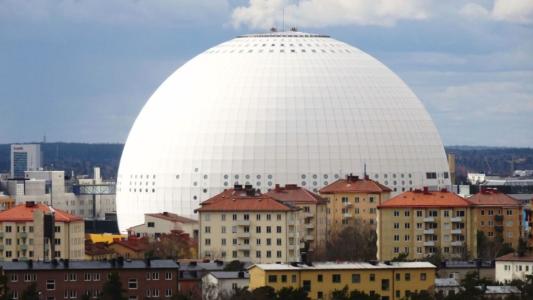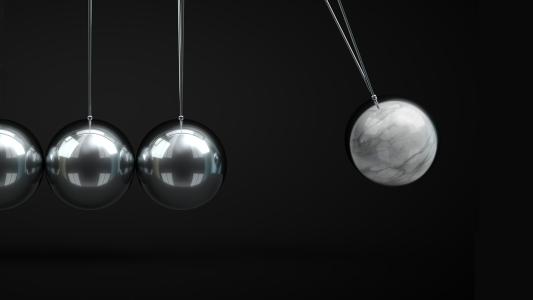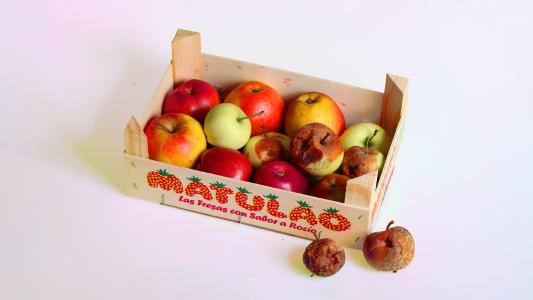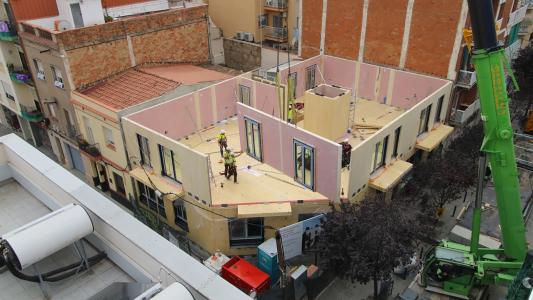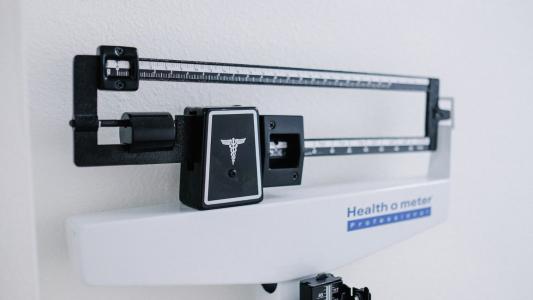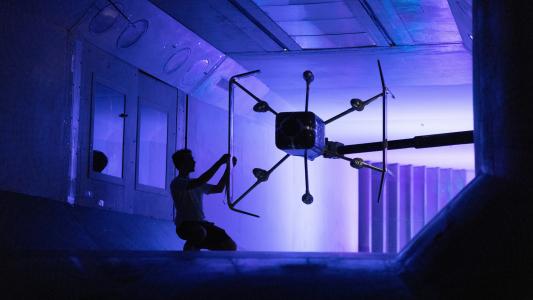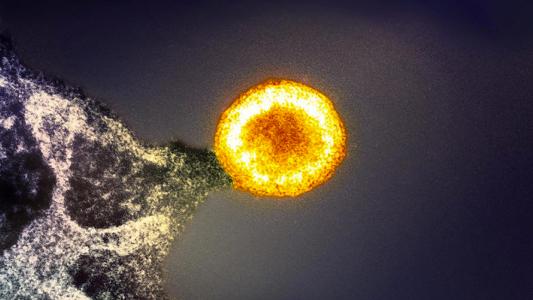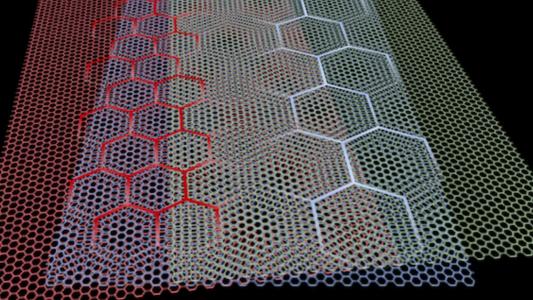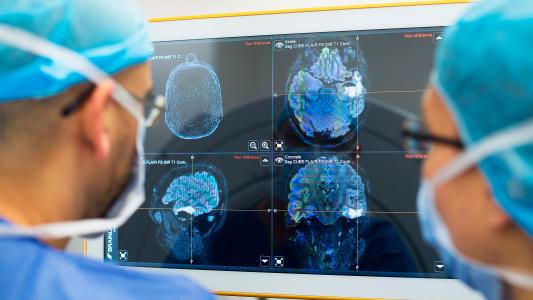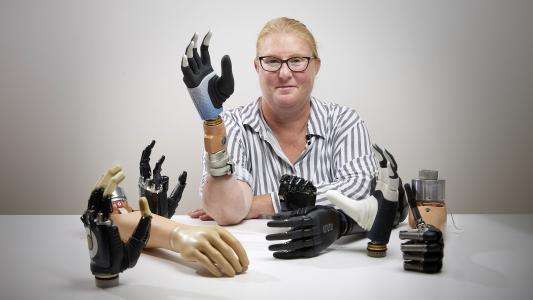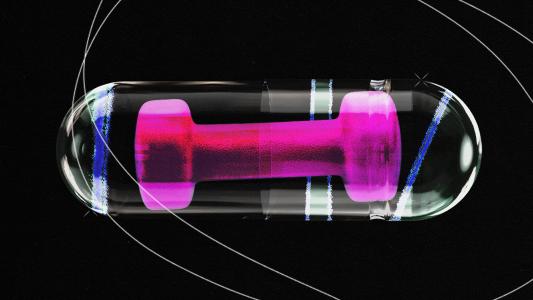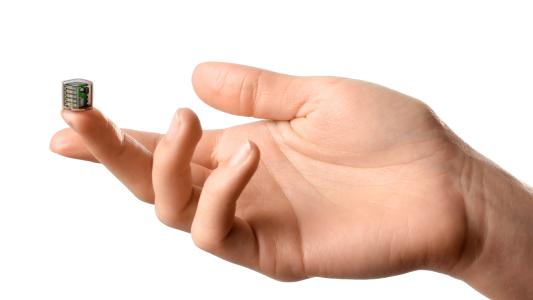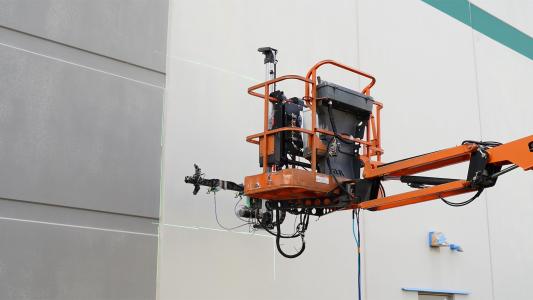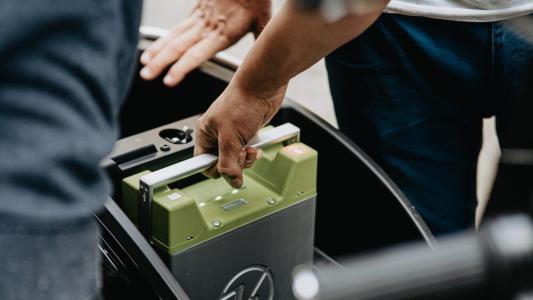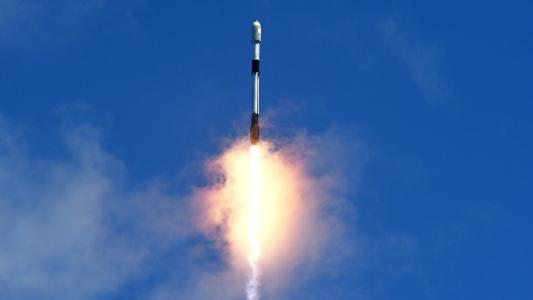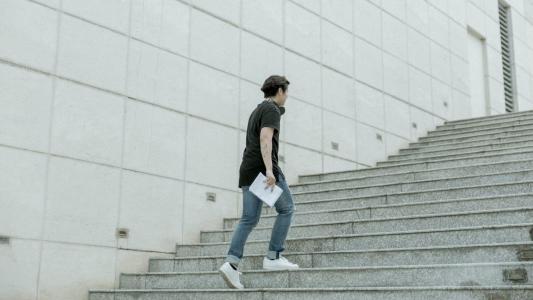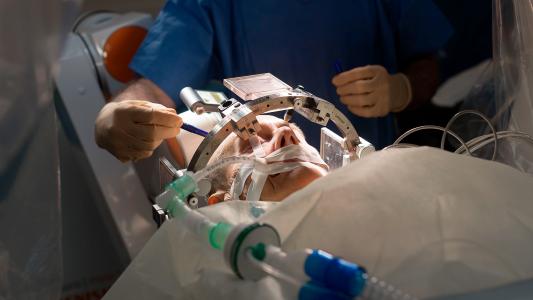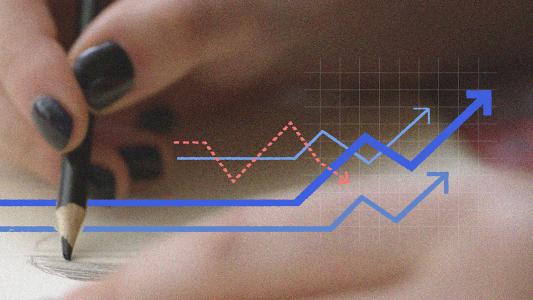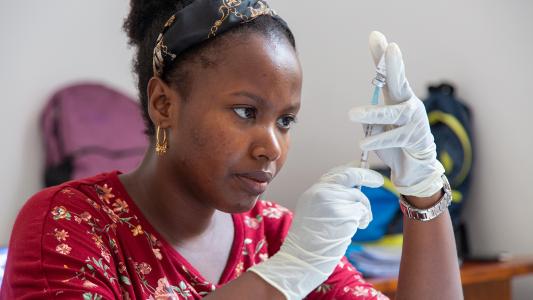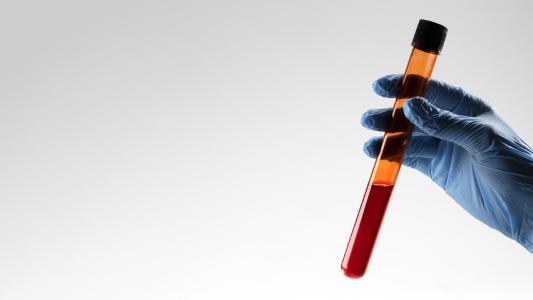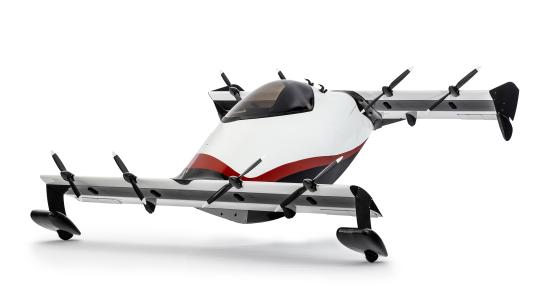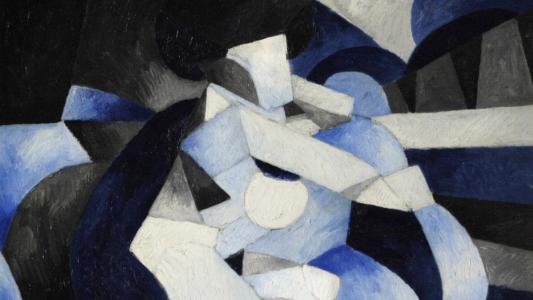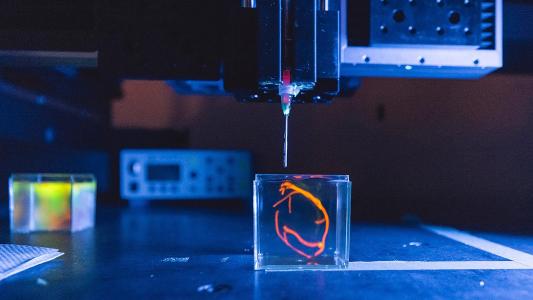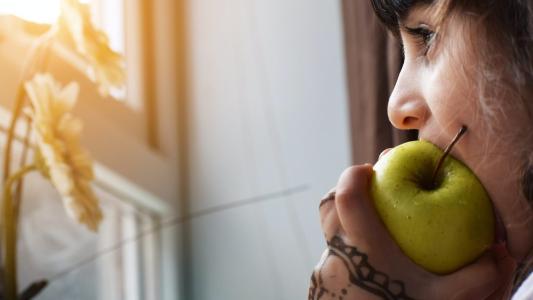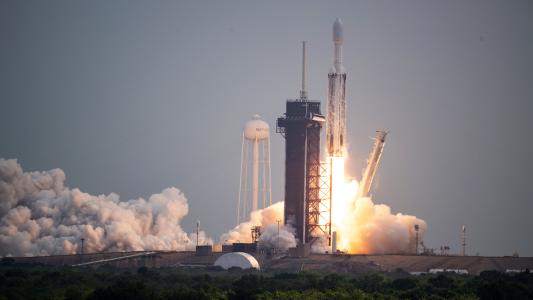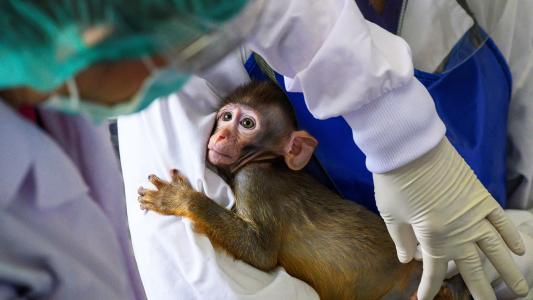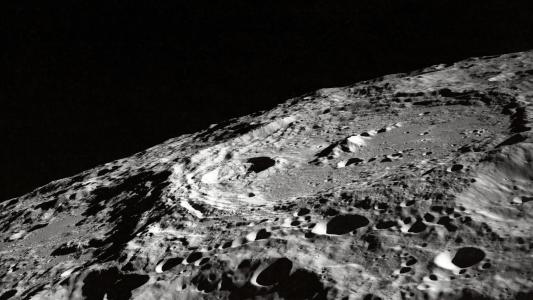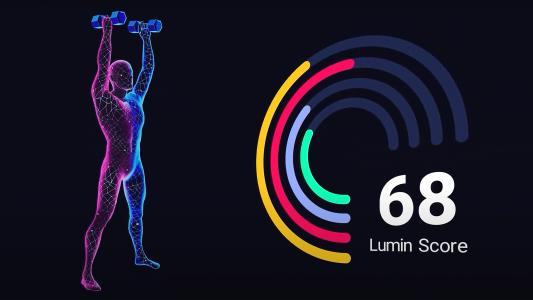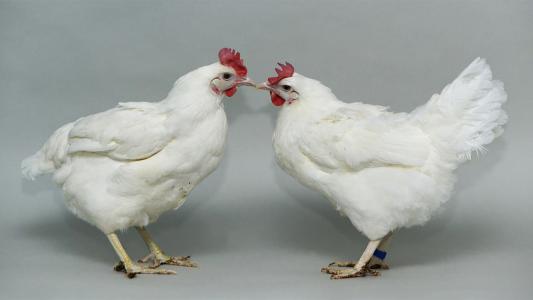Human sleep patterns appear to change with the seasons
Researchers observed the sleep of 188 subjects to see if their slumbers would change in duration and structure along with the seasons.
Elon Musk’s SpaceX Starship enters space for the first time
SpaceX’s Starship — the world’s biggest rocket — reached space on its second attempt, but the test wasn’t a complete success.
Robot police dog helps end standoff in LA
The LAPD used its controversial robot police dog to deescalate a standoff with an armed man on a public bus.
Want to feel better? Science says to care for your dog
Research shows that caring for your pets can improve your well-being, and that the act of caring provided more improvements than mere companionship
Pigs proven intelligent enough to play video games
A quartet of porcine subjects at the Purdue Center for Animal Welfare Science learned to play a simple video game.
World’s first chikungunya vaccine approved in US
The FDA has just approved French biotech company Valneva’s Ixchiq, making it the world’s first chikungunya vaccine.
World’s first CRISPR therapy approved in UK
UK regulators have authorized CRISPR Therapeutics’ Casgevy, making it the world’s first approved CRISPR therapy.
Engineers develop an efficient process to make fuel from carbon dioxide
MIT engineers developed a process that directly converts carbon dioxide into formate, a solid fuel that can be stored indefinitely.
You win this street game by getting “hit” by a self-driving car
A game that challenges pedestrians to avoid detection by an AI could help train tomorrow’s self-driving cars.
One company you’ve never heard of is helping avoid space catastrophes
LeoLabs uses advanced algorithms, cloud computing tech, and a global network of ground-based radars to track objects in low-Earth orbit.
Solitude, without loneliness, can have mental health benefits
Spending some time alone (chosen or not) can be a chance to hit the reset button on your mental health — for the better.
Do wolves harbor the secret to curing dogs’ bowel problems?
The problem with carnivores turned omnivores.
Biggest aircraft since the Hindenburg cleared for test flights
Pathfinder-1, a massive airship developed by Google cofounder Sergey Brin’s LTA Research, has begun flight testing.
Is the Universe infinite?
The limits to which we can observe the Universe are set by three things: the rate of expansion, the time since the Big Bang, and the speed of light.
Most data lives in the cloud. What if it lived under the sea?
Every data centre is whirring, buzzing, and beeping around the clock — but they could be doing the same, for cheaper, under the sea.
Wegovy slashes heart attack risk by 28%
Novo Nordisk’s weight-loss drug Wegovy can reduce a person’s risk of a serious cardiovascular event by 20%.
Breakthrough AI learns language with “human-like” efficiency
An new AI model learned to generalize language concepts with "human-like" efficiency and remix them to respond to novel inquires.
BlackRock invests $550M in world’s largest direct air capture plant
Money manager BlackRock has invested $550 million in STRATOS, the world’s largest direct air capture facility.
Waze will now tell you if a road has a history of car accidents
Navigation app Waze’s new Crash History Alerts let drivers know when they’re approaching an area prone to car accidents.
How do stimulants actually work to reduce ADHD symptoms?
Stimulant drugs are thought to alter the activity of key neuotransmitters, dopamine and noradrenaline, in the brains of people with ADHD.
Aussie scientists hit milestone in concentrated solar power
A breakthrough at a concentrated solar power facility in Australia could help make solar a more reliable source of energy in the future.
The centipede’s dilemma: Why overthinking is killing productivity
The centipede's dilemma refers to the phenomenon where becoming aware of one's own ability or competence can lead to tripping up.
How physics models could improve NBA teams’ performance
Density functional theory, a model used to study quantum-entangled particles, has surprising relevance on the basketball court.
Analog computing is undergoing a resurgence
Combining smart sensors with an older technology — analog computing — could dramatically reduce their power consumption.
Bad trips: Study examines the long-term adverse effects of psychedelic drugs
New research suggests that some users face long-term difficulties following psychedelic use, including emotional and social challenges.
Arkansas man receives world’s first eye transplant
The world’s first whole eye transplant puts doctors a major step closer to restoring vision with donor eyes in the future.
T-Minus: NASA’s surprise asteroid, China’s reusable rocket, and more
Freethink's weekly countdown of the biggest space news, featuring a surprising asteroid discovery, a new reusable rocket, and more.
MIT design would harness 40 percent of the sun’s heat to produce clean hydrogen fuel
Engineers hope to produce totally green, carbon-free hydrogen fuel with a new, train-like system of reactors driven by the sun.
Spinal implant lets man with Parkinson’s walk again
An experimental spinal implant has given a French man with advanced Parkinson’s disease back his ability to walk.
OpenAI launches a GPT Store for customized AI chatbots (Updated)
ChatGPT users will soon be able to create, share, and potentially monetize customized versions of the chatbot through OpenAI’s GPT Store.
Explore JWST’s deepest views ever for yourself
If you want to observe the Universe more deeply than ever before, simply point your high-powered observatory at the same region of sky.
Memory champion explains how she memorizes 1,080 numbers in 30 minutes
Katie Kermode — a memory athlete with four world records — tells Big Think about her unique spin on an ancient technique to memorize unfathomably long lists of information.
“Iron Man” material made from DNA and glass is 4x stronger than steel
Using only DNA and glass, researchers made a material four times stronger and five times lighter than steel. It was inspired by Iron Man.
Mindfulness: New age craze or science-backed solution?
Research shows mindfulness can be an effective wellness practice, yet the effect sizes found in studies tend to be moderate.
Insomnia and mental disorders are linked, but exactly how is still a mystery
The relationship between insomnia and mental disorders is complex. It’s not just a case of “which comes first"?
New gene therapy reverses hearing loss in 4 children
A new gene therapy being trialed in China was able to reverse hearing loss in 4 of the 5 children to receive it.
From a five-layer graphene sandwich, a rare electronic state emerges
When stacked in layers in a rhombohedral pattern, graphene takes on a rare state that could advance powerful magnetic memory devices.
Mouse embryos grown in space for the first time
A mouse experiment on the International Space Station suggests humans might one day be able to reproduce in space.
New “super melanin” protects and heals skin
A “super-charged” synthetic melanin is even better at protecting the skin and healing damage than the natural kind.
The psychedelic DMT causes the brain to become hyperconnected, scans reveal
Researchers gave 20 healthy subjects potent, intravenous doses of the psychedelic DMT and observed their brains. Here's what they found.
Capsaicin: Could the compound that gives chili peppers their heat treat diabetes and obesity?
Capsaicin, the compound that gives peppers their burn, could help with diabetes and obesity, but only at an uncomfortably high dose.
Japan sets new nuclear fusion record
A massive nuclear fusion experiment just hit a major milestone, potentially putting us a little closer to a future of limitless clean energy.
Gold-laced gel could help you recover from a major muscle injury
A combination of electrical stimulation and a gold nanoparticle-laced hydrogel could one day help people recover from major muscle injuries.
T-Minus: Stranded space drugs, a new moon lander, and more
Freethink's weekly countdown of the biggest space news, featuring a stranded space factory, Jeff Bezos' new moon lander, and more.
This AI companion could forever change how you feel about tech
Silicon Valley tech startup New Computer has unveiled Dot, an AI companion that could forever change our relationship with tech.
How AI played an instrumental role in making mRNA vaccines
Years before Moderna created an effective mRNA vaccine against COVID, the company put into place AI systems to accelerate the research process.
Honda unveils hands-free wheelchair you steer like a Segway
Honda Robotics has unveiled a prototype of the UNI-ONE, a hands-free wheelchair that you steer with your body weight.
Ex-NASA engineer Mark Rober created the world’s smallest Nerf gun — from DNA
Mark Rober and Pallav Kosuri created a Nerf gun so tiny they had to build it out of DNA. This DNA "origami" has the potential to revolutionize engineering.
Dumbing down or wising up: how will generative AI change the way we think?
Artificial intelligence tools are now managing huge swathes of information on our behalf, potentially changing what and how we think.
A short history of insomnia and how we became obsessed with sleep
Insomnia is big business and getting bigger. When did sleep become so important, so elusive, and so expensive?
NASA spends $50K on liquid metal spacesuit material
NASA-backed engineers are developing a new spacesuit material that will use liquid metals to repel lunar dust on demand.
Elon Musk’s Starlink satellites are “leaking” signals
Starlink satellites are emitting signals that interfere with our most sensitive radio telescopes, interfering with radio astronomy.
Sex life discovery raises IVF hope for endangered purple cauliflower soft coral
The purple cauliflower soft coral Dendronephthya australis, now listed as an endangered species, has a new hope of survival with IVF.
Blocking this one protein could strengthen muscles
Stanford researchers have figured out how a therapy that blocks a single protein can reverse age-related muscle loss in mice.
CRISPR cure for HIV now tested in 3 people
Excision BioTherapeutics has shared data from the first human clinical trial of a CRISPR cure for HIV. Here's what we know — and don't know.
“Living pharmacies” could mean you never forget to take your meds again
The US government is funding the development of "living pharmacies," implants containing cells that release medications on demand.
Cardio improves cognitive function & mental health. Here’s the best way to do it at home.
While many people do cardio exercise to keep physically fit, research shows cardio also improves cognitive function and mental health.
MIT’s soft fiber implants could offer drug-free pain relief
An innovative new way to use fiber-pulses to inhibit pain.
Cleaning up one of the world’s most commonly used substances
C-Crete has created a more sustainable cement binding material that could significantly reduce the industry’s CO2 emissions.
NASA funds AI lasers to zap space junk
NASA is funding the development of AI space lasers to protect its spacecraft and astronauts from potentially deadly space junk.
T-Minus: SpaceX’s wild pace, a marsquake mystery solved, and more
Freethink's weekly countdown of the biggest space news, featuring SpaceX's launch problem, a marsquake mystery, and more.
Why 20 women were just deliberately exposed to Zika
In a first-of-its-kind human challenge trial, Johns Hopkins University researchers deliberately exposed 20 women to the Zika virus.
The 2023 annular eclipse will have huge consequences 6 months later
Only twice a year are the conditions right for the Sun, Earth, and Moon to align in space: creating conditions for either solar or lunar eclipses.
New “anti-CRISPR” discovered in viruses
A new “anti-CRISPR” system could help us control gene-editing tech and battle antibiotic-resistant superbugs.
There’s an entire solar system hiding inside Sweden
The Avicii Arena in Stockholm is the world’s largest spherical building and the center of the world’s largest scale model of our solar system.
For entrepreneurs, product positioning can be even more important than the product itself
In partnership with Million Stories
Here are 3 strategies for smarter product positioning.
Rancid food smells and tastes gross − AI tools may help scientists prevent that spoilage
A group of chemists are using artificial intelligence to extend the life of food products, by teaching AI models about rancidity.
The faster, cheaper, no-brainer way to replace dirty construction
Startups are using Sims-like software and IKEA-like manufacturing to solve the housing crisis with sustainable construction.
What BMI can’t tell us about our health
Body mass index (BMI) continues to be the go-to tool for medical doctors and population researchers despite saying little about our health.
Amazon’s Prime Air is coming to a new US city
Amazon’s Prime Air drone delivery service is expanding to three new cities and adding a drug-delivery option in an existing one.
“Hydrogel” drugs could suppress HIV with minimal treatments
An injectable solution that self-assembles into a hydrogel to deliver 6 weeks of anti-ARV drugs could make managing HIV less of a burden.
Physicists coax superconductivity and more from quasicrystals
In research that could peak interest into this enigmatic class of materials, physicists coax superconductivity and more from quasicrystals.
AI diagnoses brain tumors in 90 minutes or less
A new AI that can identify the type of brain tumor a patient has while surgeons are removing it could lead to better outcomes.
This bionic hand is fused to a woman’s bones, muscles, and nerves
A new way of merging the body with a bionic hand provided a woman with more control over her prosthetic and less phantom limb pain.
New weight loss drug acts like an “exercise pill”
A new candidate weight loss drug called SLU-PP-332 was found to boost muscular and aerobic endurance in mice.
New brain implant for depression tested in people for the first time
A tiny brain implant designed for at-home neurostimulation has been demonstrated in people for the first time.
“The twin boom”: why twinning is on the rise
Since the 1970s, the rate that twins are born has doubled in most developed countries. What caused this and is it going to change soon?
Robot painter lets smaller crews do jobs twice as fast
Tennessee-based startup PaintJet’s robot painter Bravo slashes the time it takes to complete painting jobs.
What causes lithium-ion battery fires? Why are they so intense? And how should they be fought?
When a lithium-ion battery fire breaks out, the damage can be extensive. These fires are intense, long-lasting, and hard to fight.
T-Minus Weekly: Psyche launches, NASA unveils asteroid samples, and more
Freethink's weekly countdown of the biggest space news, featuring the launch of the Psyche, the reveal of NASA's asteroid samples, and more.
SpaceX’s Starlink is now available across the entire US
SpaceX's Starlink has expanded its satellite internet coverage to include the entire US and announced an upcoming "Direct to Cell" service.
Exercise scientist explains what your daily step goal should be by your weight
Tracking daily step counts can be a useful tool for weight management, but only if you tailor it to your own body weight.
New research on deep brain stimulation shows biomarkers could help depression treatment
Deep brain stimulation can alleviate treatment-resistant depression for some patients, and could help doctors measure outcomes.
How Artsy became the Spotify of the fine art world
In partnership with Million Stories
Instead of trying to disrupt the art galleries’ industry, Artsy worked with them to expand the art marketplace.
Why aren’t we moving faster on malaria vaccines?
COVID-19 shots were rolled out within weeks of approval. The malaria jab is being delayed until mid-2024. Why?
What the science really says about vitamin D deficiency
When is low vitamin D a potential concern? And when might you need to get your levels tested? Here's what the evidence says.
Why this startup is creating edible oil from sawdust
ÄIO's main goal is to replace palm oil with oil upcycled from low-value industry organics in order to prevent further deforestation.
You’ll be able to buy this flying car for $190k in 2024 (Updated)
Startup Pivotal has unveiled the Helix eVTOL, a one-seater aircraft it plans to begin selling for $190,000 in 2024.
QBism and the philosophical crisis of quantum mechanics
Quantum interpretations generally fall into two categories: psi-ontological and psi-epistemic. Both have philosophical implications.
Disney’s new robot is a cartoon came to life
A highly expressive new Disney robot developed in a fraction of the time it usually takes could be the first of many expressive bots to come.
Baby star reveals new phase of planet formation for the first time
Astronomers have discovered a newborn star on the brink of planet formation, revealing a part of the process we’ve never seen before.
MIT study shows AI conversations are more positive if users think AI is empathetic, negative if they think it’s nefarious
Study shows users can be primed to believe certain things about an AI chatbot’s motives, which influences their interactions with it.
Stanford plans to put a 3D-printed human heart in a pig by 2028
Using 3D bioprinting, scientists are trying to construct perfect replacements for damaged organs, bones, and tissues.
Ever wonder how your body turns food into fuel? We tracked atoms to find out
New research offers new way to understand our metabolism in unprecedented detail, identifying four distinct phases of the process.
NASA’s Psyche mission is on its way to a metal asteroid
NASA has successfully launched its Psyche mission, sending a spacecraft on a 2.5-billion-mile journey to a metal-rich asteroid.
Monkey lives with CRISPR’d pig kidney for over two years
A monkey that survived for 758 days with a kidney from a gene-edited pig is a major step forward for xenotransplantation research.
T-Minus Weekly: A first for Europe, Musk’s Starship update, and more
Freethink's weekly countdown of the biggest developments in space, featuring a first for Europe, Musk’s Starship update, and more.
Chandrayaan-3’s measurements of sulfur open the doors for lunar science and exploration
Data from Chandrayaan-3’s rover showed the lunar soil contained the expected metal elements, but also an unexpected surprise – sulfur.
See inside a first-of-its-kind smart gym, staffed by AI personal trainers
Lumin Fitness's first-of-its-kind smart gym in Texas features AI trainers, motion-tracking sensors, and “gamified” classes.
CRISPR protects 9 out of 10 chickens from bird flu
UK scientists have used CRISPR to create gene-edited chickens that are highly resistant to the avian flu virus.

